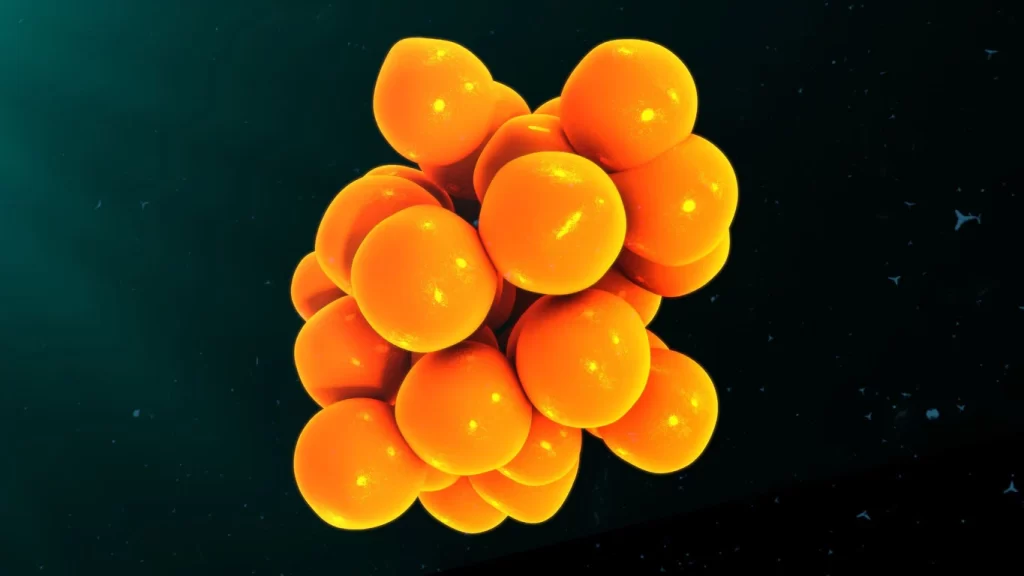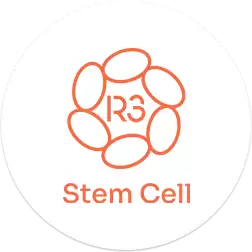Regenerative medicine has taken the world by storm in recent years. The idea that there could potentially be a treatment that is more effective than surgery and prescription medication yet pose a very small risk is revolutionary. Initially, regenerative medicine became synonymous with stem cell therapy. However, as more research has been done on regenerative medicine, the scientific community has found that the field encompasses more than just stem cells. Cytokines have also been found to play a large role in the field of regenerative medicine.
Cytokines are small proteins that act as messengers between cells. They help to regulate the immune and inflammatory responses. In addition, they help to regulate normal cell processes within the body. The term cytokine incorporates a variety of different proteins. These proteins can help stimulate the production of blood cells, help develop and repair tissue, and help with the immune system. Cytokines end up being released by cells for circulation throughout the body or towards a specific tissue in the body. They then bind with target cells, which triggers a response within the cell.

In many cases, cytokines are responsible for the disease. Either too many or too little in any area of the body can lead to an imbalance and, thus, disease. While cytokines typically work in one part of the body, they can, at times, affect the body as a whole. While some cytokines may cause inflammation and swelling that lead to arthritis, there are other cytokines that are capable of repairing damaged tissue. The goal of regenerative medicine using cytokines is to ensure the right type and amount of cytokines are placed in the area of the body that is most in need.
While cytokines can be used on their own, they can also be used in conjunction with stem cell therapy. One of the main areas cytokines are being used is in the field of orthopedics. Many people suffer from joint pain, especially in the knee as they age. This can be due to injuries in younger years or simply wear and tear over time. The knee bears a significant amount of a person’s weight as they age. This can lead to knee pain down the road. Fortunately, researchers have found that cytokines can greatly help reduce inflammation that causes pain and help to rebuild damaged tissue in the knee to lessen pain significantly for the patient.
Regenerative medicine is still very new and exciting. There is so much still to be learned about regenerative therapy techniques that it is no surprise we are still finding new applications of these therapies. For a long time, stem cell therapy took the spotlight as the end all be all of regenerative medicine. However, as more and more research is done on the body’s healing properties, there are more potential therapies coming to light, such as cytokines. Cytokines play a crucial role in the immune and inflammation responses. Learning more about cytokines will allow us to learn how to harness their cell signaling power, and make regenerative medicine even more effective for a wide range of ailments.
Contact US

Dr. David Greene
MD, PhD, MBA
Dr. David Greene, MD, PhD, MBA, is a pioneering leader in regenerative medicine and healthcare marketing. As a residency and fellowship-trained orthopedic surgeon, Dr. Greene transitioned from clinical practice to become the founder and CEO of R3 Stem Cell and US Lead Network, where he has revolutionized patient care and medical practice growth through innovative therapies and digital marketing strategies. He has authored two influential books on healthcare internet marketing, ranks among the top expert authors globally, and has been featured on the cover of Corporate Vision magazine for his impact on global regenerative therapies. Beyond his professional achievements, Dr. Greene is passionate about education, compassion, and continuous innovation.

No Comments